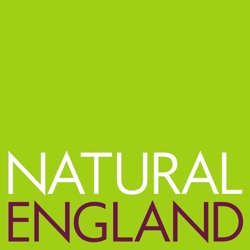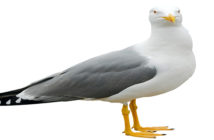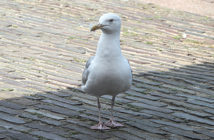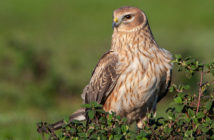On 24 February 2014, Natural England published a range of proposals and topics relating to changes in Englands General and Class Licences. Several of these effect pest control activities.
Natural England is seeking views on a number of proposals and topics relating to the General and Class Licences issued under wildlife legislation. These licences are periodically reviewed, and Natural England consults with stakeholders and the general public on proposed changes and seeks views on broader topics.
|
The themes of this consultation include:
This consultation will be of interest to anyone who uses a General or Class Licence, and organisations representing the interests of licence users and/or protected species. The proposals are outlined in the main consultation document – click here to read. Of particular relevance to those in pest control is the section on gulls (page 13), birds in food premises (page18) and various amendments to trapping (page 19 onwards). The full suite of documents can be accessed on the Natural England’s website – click here. |
|
|
|
How to respond Quick off the mark is the National Gamekeepers Organisation (NGO) who describe the proposals as being akin to the ‘good, bad and ugly’ of wildlife management. A spokesman for the NGO said: “There are some sensible ideas in Natural England’s suggestions, such as the inclusion of greylag geese on the General Licence for controlling agricultural pests, but there are some really bad proposals too. They include a revival of the ludicrous idea that pigeon shooters should have to scare their birds before attempting to shoot them.” He added: “The NGO is pleased that Natural England has consulted the public, and on this occasion, unlike others, has allowed sufficient time to take account of peoples’ views. But the NGO has several serious concerns about aspects of the Natural England review, including the suggestion that a new Code of Bird Trapping Practice should have the force of law and become a legal condition of the licences. This could mean, for example, that just having dirt in the water provided for a live decoy bird could result in prosecution. Anyone who has ever operated a decoy trap knows how difficult it is to stop a captive bird fouling its own water, to say nothing of the risk of gamekeepers being maliciously set up by opponents of shooting. “A further suggested change is that breach of any one licensing condition would disqualify the individual from operating under General Licences at all. For example, if a decoy magpie was said to have insufficient shade that one thing could be the end of an individual’s entire gamekeeping career or indeed their pigeon shooting. It smacks of draconian rules introduced by the back door.” |
||




